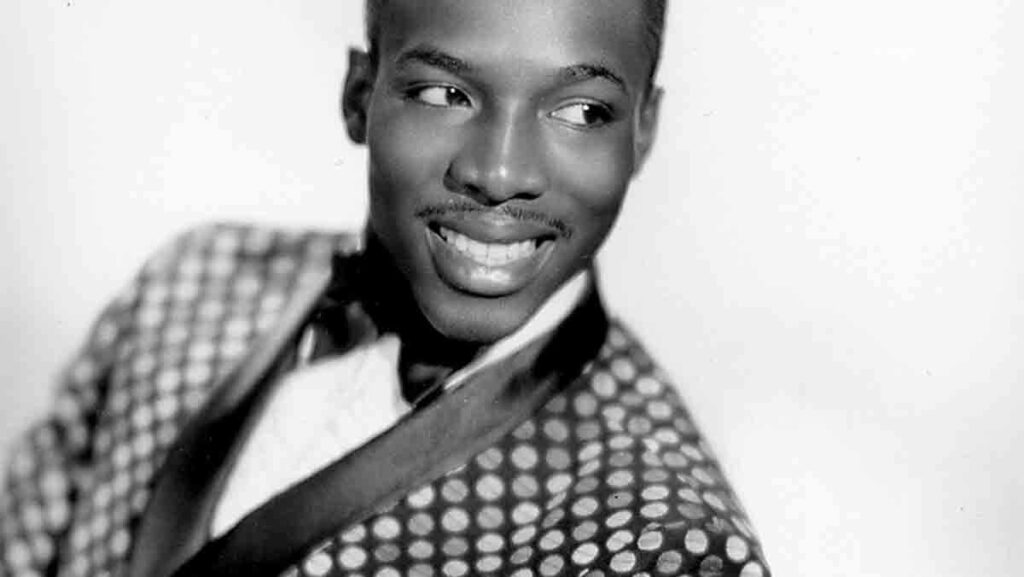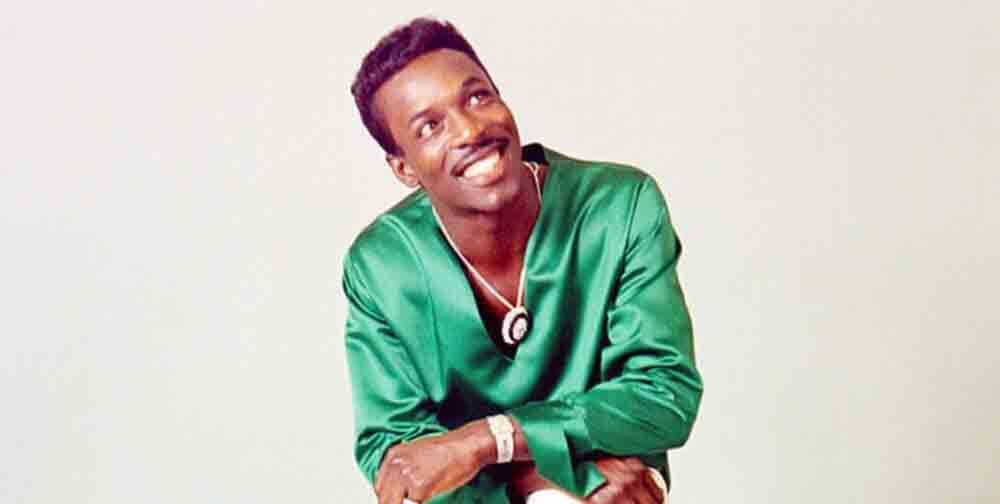What do you associate funk and soul with? Of course, with the vocals of James Brown, Ray Charles or George Clinton. Less well-known against the background of these pop celebrities may seem the name Wilson Pickett. Meanwhile, he is considered one of the most significant personalities in the history of soul and funk in the 1960s.
Childhood and youth of Wilson Pickett
The future idol of millions of Americans was born on March 18, 1941 in Prattville (Alabama). Wilson was the youngest of 11 children in the family. But he did not receive great love from his parents and remembered childhood as a difficult period of life. After frequent quarrels with a quick-tempered mother, the boy took his faithful dog with him, left home and spent the night in the forest. At 14, Pickett moved in with his father in Detroit, where his new life began.
Wilson's development as a vocalist began back in Prattville. There he got into the choir of the local Baptist church, where the makings of his passionate and energetic manner of performance were formed. In Detroit, Pickett was inspired by the work of Little Richard, whom he later called in his interviews "the architect of rock and roll."

The early successes of Wilson Pickett
Wilson in 1957 managed to join the ranks of the gospel group The Violinaries, which then was almost at the top of its popularity. Pickett's first recording was the single Sign of the Judgment. Music and religion remained inseparable for the artist for about four more years, until he joined The Falcons.
The Falcons team also worked in the gospel genre and greatly influenced its popularity in the country. He became one of the first bands to create fertile ground for the development of soul music. Among the ex-members of the group you can see such names as Mac Rice and Eddie Floyd.
In 1962, I Found a Love was released, an explosive single by The Falcons. It peaked at number 6 on the top US R&B charts and number 75 on the pop music charts. The energetic and bright composition glorified the names of the musicians, significantly expanding their audience.
A year later, Wilson expected success in his solo career. In 1963, his single It's Too Late was released, which also reached number 6 on the R&B chart and reached the top 50 on the US pop chart.
Wilson Pickett contract with Atlantic
The success of It's Too Late attracted the attention of major music companies to the young and promising performer. After the resounding premiere, Atlantic producer Jerry Wexler found Wilson and offered the artist a lucrative contract.
Nevertheless, Pickett failed to “break through” to the heights of popularity even with the support of the producer. His single I'm Gonna Cry did not appeal to the audience (124th position in the charts). The second attempt was also unsuccessful, despite the involvement of a team of specialists to work on it: producer Bert Burns, poets Cynthia Well and Barry Mann, singer Tammy Lynn. The joint single Come Home Baby was undeservedly deprived of the attention of the audience.
Wilson did not give up and continued to work on creativity. The third attempt to return to the charts was successful for the performer. The composition In the Midnight Hour, recorded at Stax Records, took 3rd position on the R&B chart and hit 21st position on the pop chart. The new work was warmly received by foreign listeners. In the UK, In the Midnight Hour peaked at number 12 on the UK Singles Chart. The disc received a "gold" status, having collected more than 1 million sales in the country and in the world.

Having become popular, Pickett did not enjoy fame and only worked on new creativity. After In the Midnight Hour, Don't Fight It, Ninety Nine and a Half and 634-5789 (Soulsville, USA) were released. All of these hits are considered soul classics today, and they all hit the country's R&B charts.
The label forbade Pickett from recording songs on other venues, but offered an excellent alternative - Fame Studios. She was considered among soul lovers a real forge of hits. Critics note that the work at the new studio had a positive effect on the musician's work.
Move to RCA Records and last Wilson Pickett recordings
In 1972, Pickett ended his contract with Atlantic and moved to RCA Records. The musician recorded several very successful singles (Mr. Magic Man, International Playboy, etc.). However, these compositions did not manage to storm the top of the charts. Songs did not occupy above the 90th position on the Billboard Hot 100.
Pickett made his last recording in 1999. But this was not the end of his career. The musician gave concert tours and performances until 2004. And in 1998, he even took part in the filming of the film "The Blues Brothers 2000".
In the same 2004, health failed the musician for the first time. Due to heart problems, he was forced to interrupt the tour and go for treatment. Shortly before his death, Pickett shared with his family plans to record a new gospel album. Unfortunately, this idea never came true - on January 19, 2006, the 64-year-old artist died. Pickett was buried in Louisville, Kentucky, USA.



